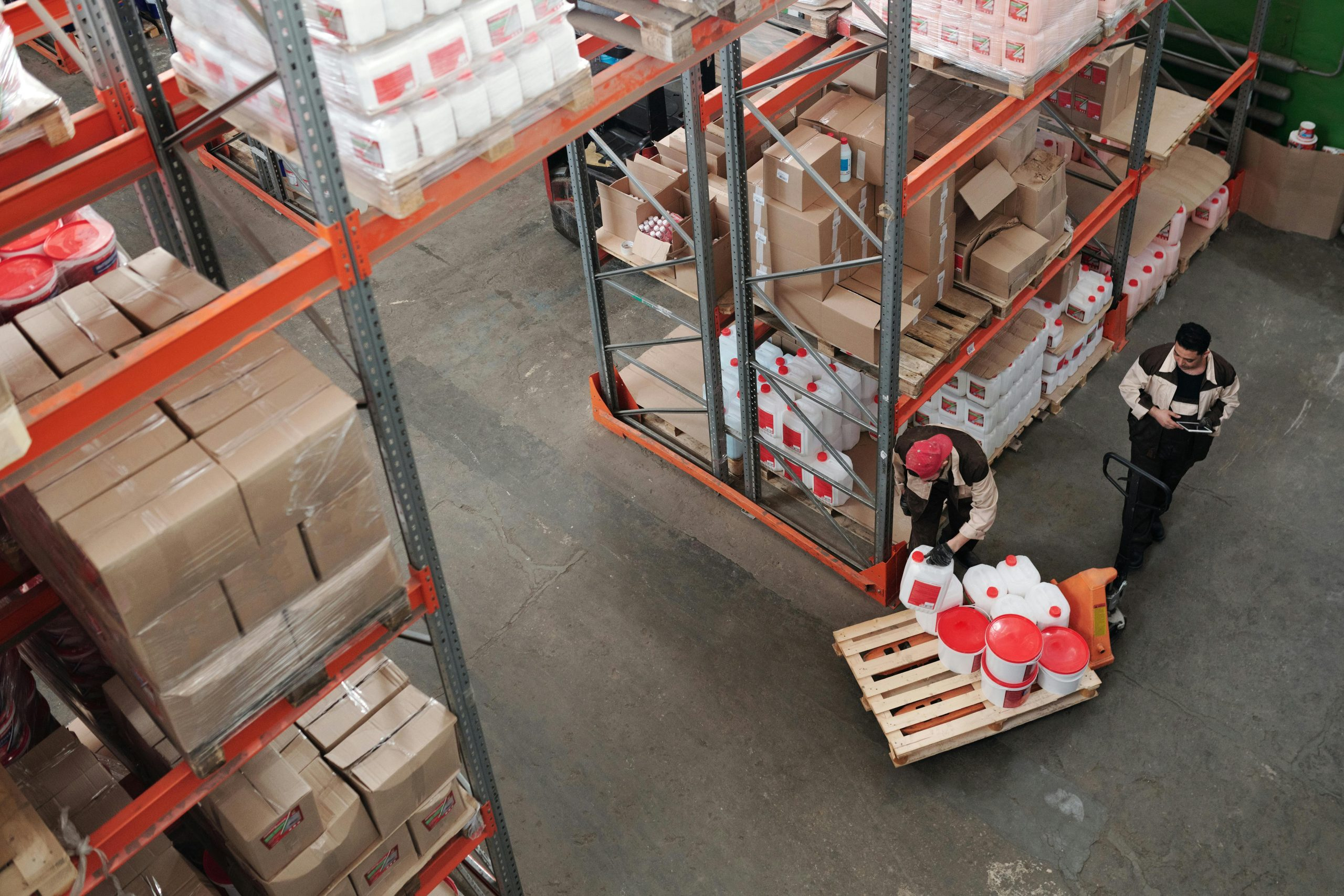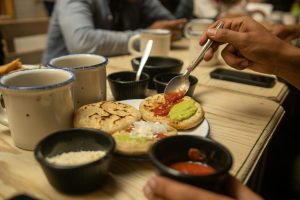“Farm-to-Closet” Fashion: Blockchain-Verified Ethical Supply Chains
When it comes to the fashion industry, ethics and sustainability have become hot topics in recent years. Consumers are becoming increasingly conscious of the impact their purchases have on the environment and the people involved in the production process. As a result, the demand for ethically-made, sustainable clothing has risen. This has given rise to a new trend in the fashion world – “farm-to-closet” fashion, which utilizes blockchain technology to ensure transparency and ethical supply chains. In this article, we will delve into the concept of “farm-to-closet” fashion, its benefits, and how blockchain is playing a crucial role in this emerging movement.
The Rise of “Farm-to-Closet” Fashion
“Farm-to-closet” fashion is a term used to describe the process of creating clothing from sustainable, ethically-sourced materials. This includes everything from the growth of the raw materials to the final production of the garment. This movement is an extension of the popular “farm-to-table” concept in the food industry, where the focus is on sourcing food locally and promoting sustainability.
In the fashion world, “farm-to-closet” is all about transparency – knowing exactly where your clothes come from, how they were made, and who made them. This is in stark contrast to the traditional fashion supply chain, which is often plagued with unethical practices such as exploitation of labor, environmental degradation, and lack of transparency.
The Need for Ethical Supply Chains
The fashion industry has long been criticized for its detrimental impact on the environment and its workers. According to a report by the Ellen MacArthur Foundation, the fashion industry produces about 1.2 billion tons of greenhouse gas emissions annually – more than the aviation and maritime shipping industries combined. Moreover, the industry is also known for its exploitative labor practices, with many workers, particularly in developing countries, facing long working hours, low wages, and unsafe working conditions.
These concerning issues have sparked a growing demand for more sustainable and ethical fashion options. Consumers are becoming more conscious of the impact their choices have on the planet and the people involved in the production process. This has led to an increase in consumer interest in the origins of their clothing and a demand for more transparency in the fashion supply chain.
The Role of Blockchain Technology
Blockchain technology, which was initially created for digital currency transactions, has now found its way into the fashion industry, specifically in the “farm-to-closet” movement. Blockchain is a decentralized digital ledger that records peer-to-peer transactions in a secure and transparent manner. This technology is revolutionizing the fashion industry by providing a solution to the problems of transparency and ethical sourcing.
Tracking the Supply Chain
With blockchain, the entire process of creating a garment can be traced and verified, from the raw materials used to the final product. This technology allows for a digital record of every step in the supply chain, making it impossible to alter or falsify information. This ensures transparency and allows consumers to make informed choices about the clothing they purchase.
Ethical Labor Practices
Blockchain technology also helps to promote fair labor practices in the fashion industry. It enables brands to track the working conditions of their workers, ensuring that they are treated fairly and paid a living wage. Moreover, through blockchain, consumers can verify that the workers involved in the production of their clothes are ethically treated and paid fairly.
Promoting Sustainability
One of the primary goals of “farm-to-closet” fashion is to promote sustainability in the fashion industry. By using blockchain, brands can provide consumers with details about the materials used in their garments and ensure that they are sustainably sourced. This information can also help consumers make more environmentally-friendly choices when it comes to their clothing purchases.
In Conclusion
The “farm-to-closet” fashion movement is gaining momentum, with consumers demanding more ethical and sustainable options. Blockchain technology is playing a crucial role in this movement by providing transparency and promoting ethical practices. As we continue to strive towards a more sustainable and socially responsible fashion industry, it is clear that “farm-to-closet” fashion and blockchain technology will play a significant role in achieving this goal.











